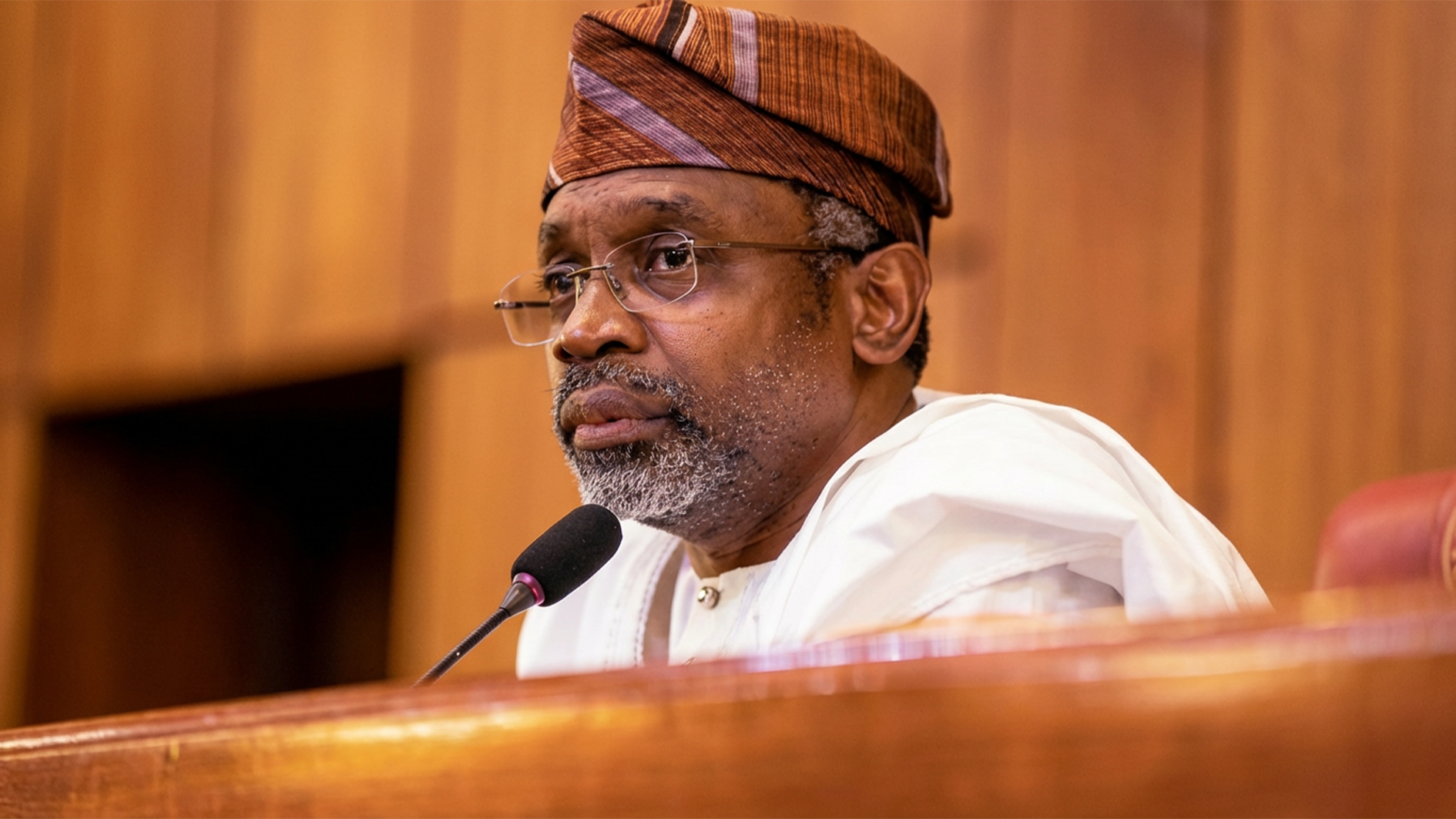
Health experts have raised the alarm that Nigerians were still spending heavily on healthcare services even with the National Health Insurance Scheme (NHIS) in the country.
They spoke at the Kenneth Ojo Memorial Symposium organised by the Centre for Health Economic and Development (CHECOD) in collaboration with the Ministry of Health in Abuja, where they revealed that most people still pay their medical bills in spite of the NHIS.
The experts who discussed “Financing Universal Health Coverage in Nigeria,” lamented that out-of-pocket expenses on health services was the highest in the continent, especially the informal sector of the economy.
Former Minister of Health, Prof. Eyitayo Lambo, who spoke on “Moving Towards Universal Health Coverage in Nigeria: Challenges of the Informal Sector and Primary Healthcare Delivery System,” said achieving the Sustainable Development Goals (SDGs) in the health sector would depend on Nigeria’s success in moving towards universal health coverage (UHC), political stability and policy continuity.
He noted that most patients rely on out-of-pocket payments to access primary health care services because of low coverage with pre-payment schemes like the NHIS and community- based insurance schemes.
He explained that the country’s healthcare system, especially primary healthcare should be strengthened to deliver quality services and increase investment in healthcare through sustained commitment and support from all levels of government.
Mrs. Idia Anibilowo, who represented the Acting Executive Secretary of the NHIS, the country’s health insurance policy was not mandatory and as such the clause should be amended.
She said a legislative framework to guide states should be put in place as Nigerians cannot have a centralised healthcare system in a decentralised context, while the UHC should be standardised.
Citing Bauchi, Imo and Edo states as examples, she noted that the coverage does not cover much in terms of economic structure as 60 per cent of those covered by the policy were from the informal sector.
“Therefore, the Federal Government should empower states to step up their various insurance health schemes,” she added.






